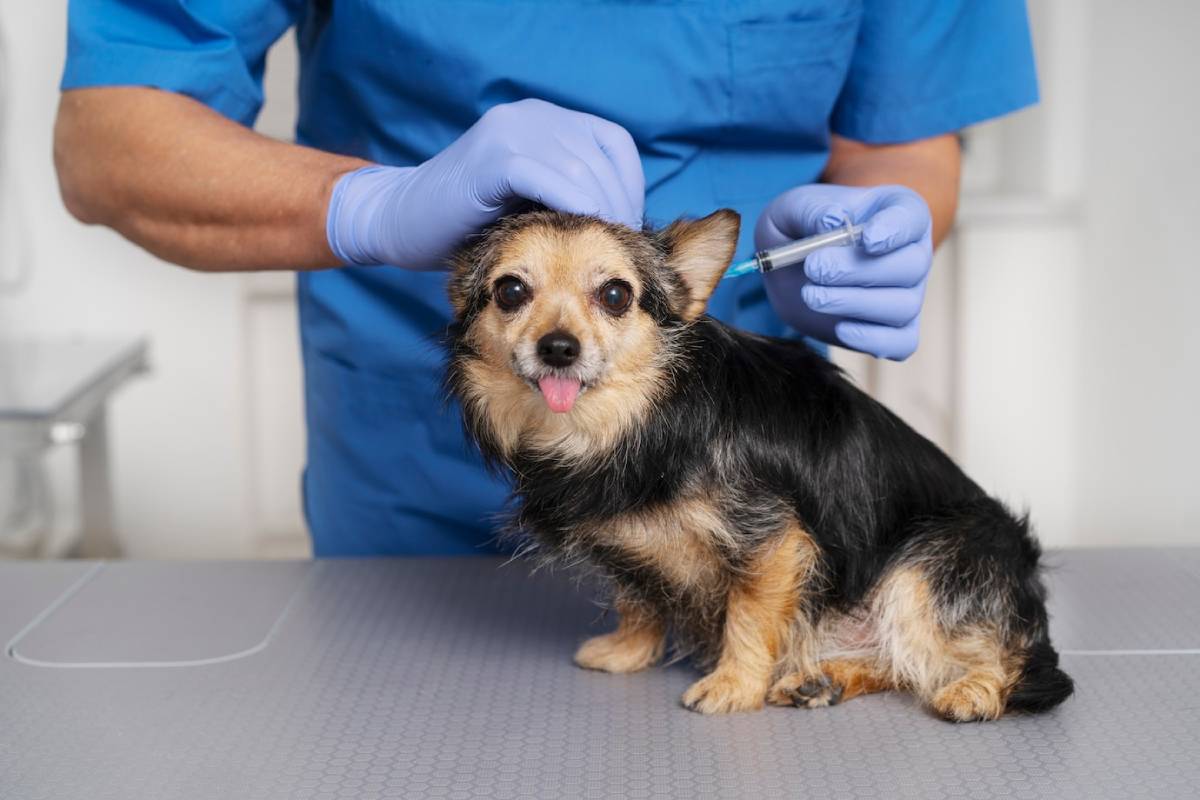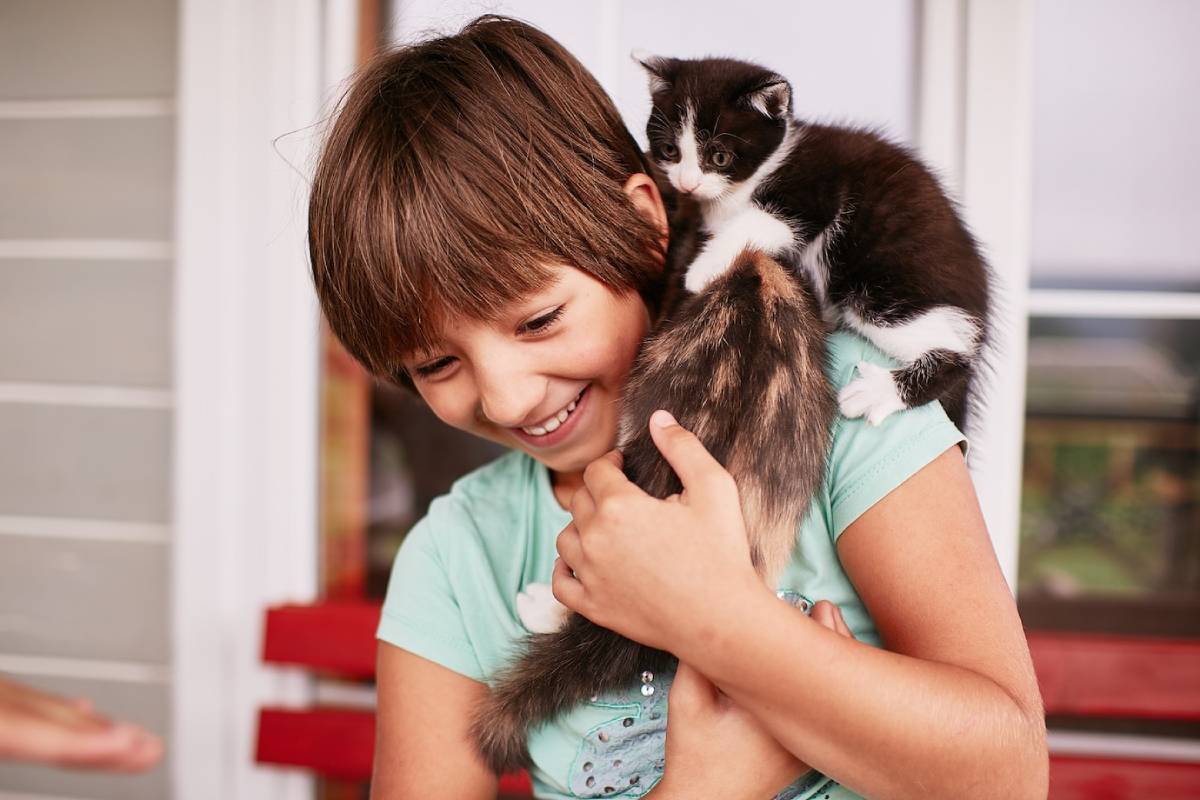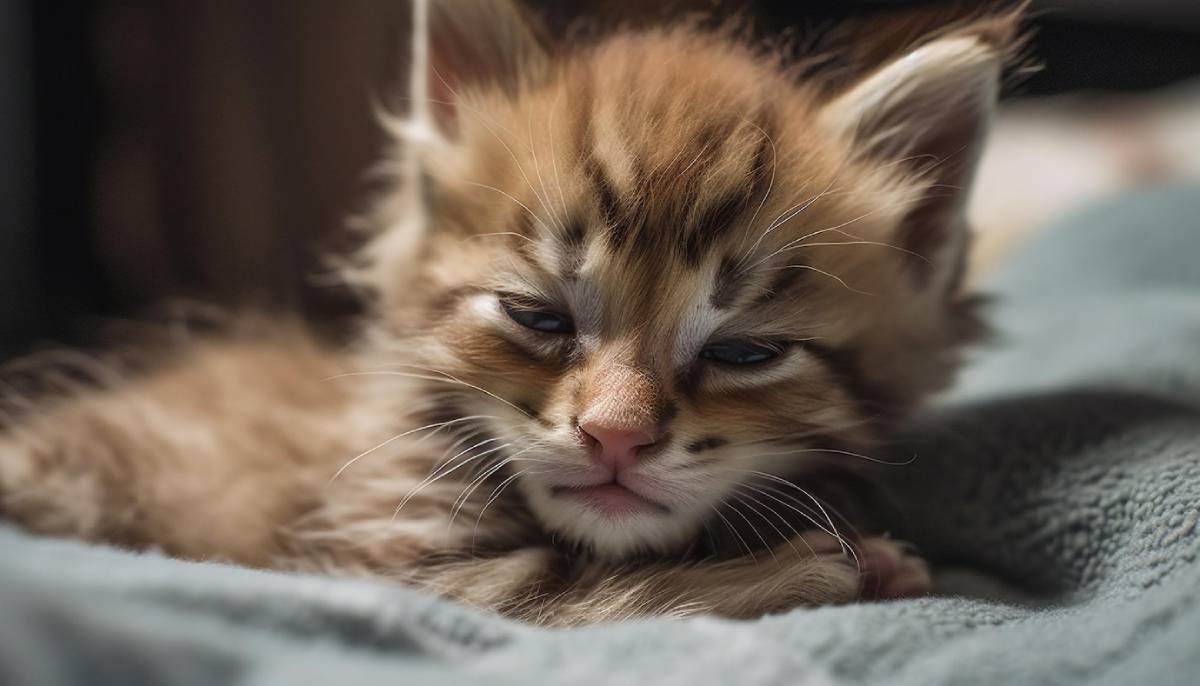
Essential Vaccinations for Puppies and Kittens: A Guide
Welcoming a new puppy or kitten into your home? It’s one of life’s real feel-good moments. From the first wag of a tail or curious meow to the chaos of zoomies at 7 am, pets steal our hearts fast. But before they settle into your lap (and your sofa), there’s something vital to tick off: vaccinations.
Why Vaccines Matter for Puppies and Kittens

Puppies and kittens are born with immature immune systems. While maternal antibodies provide some protection, they fade within weeks. Vaccines form the backbone of preventive care. They help protect your furry friend from serious—and often avoidable—illnesses. They also reduce the spread of disease in your community. So even if you’ve been around pets for years or you’re just starting out, it’s good to understand what’s needed and why.
Puppies and kittens come into the world with underdeveloped immune systems. While mum’s antibodies provide a little cover, this protection fades quickly—usually within a few weeks. That’s where vaccines step in. They teach your pet’s body how to fight off harmful viruses and bacteria before they’re ever exposed.
Here’s why this matters: many of these diseases are deadly if left unchecked. Some, like rabies, can also affect humans—making vaccines essential for everyone’s safety.
Puppy Vaccinations: Building Early Protection
Your pup will usually start vaccines at around 6 to 8 weeks old. These aren’t just one-offs. The vet will space them out over a few months to build strong, lasting immunity.
Core Vaccines for Puppies
These are considered must-haves, no matter your dog’s breed or where you live:
- Canine Distemper Virus (CDV): A nasty illness that affects your dog’s lungs, gut, and nervous system.
- Canine Parvovirus (CPV): A tough stomach virus with a high risk of death in young pups.
- Canine Adenovirus (CAV-2): Helps guard against infectious hepatitis and some respiratory conditions.
- Rabies: A fatal brain virus that’s a legal requirement in many areas—and with good reason.
These core vaccines are often given together in one shot, called the DAPP or DHPP vaccine.
Non-Core Puppy Vaccines
These depend on your lifestyle and where you live. Your vet might suggest:
- Bordetella: Prevents kennel cough—especially useful if your dog goes to daycare or training classes.
- Leptospirosis: A bacterial infection spread by water or soil. Often picked up in the countryside.
- Canine Influenza: Like the flu in humans—this spreads fast in cities and boarding kennels.
- Lyme Disease: Passed on by ticks, mostly in wooded or grassy regions.
Like when Ellie started taking her springer spaniel Rufus hiking in the Lake District—her vet suggested a Lyme jab after a tick scare on day one!
Sample Puppy Vaccination Schedule
| Age | Vaccinations |
| 6–8 weeks | DAPP (1st dose) |
| 10–12 weeks | DAPP (2nd dose), Bordetella, Leptospirosis (if needed) |
| 14–16 weeks | DAPP (final dose), Rabies |
| 12–16 months | DAPP, Rabies (boosters) |
| Annually | Non-core boosters, Rabies as required |
Pro tip: Chat with your vet about your routine. Dog parks? Coastal walks? Weekend camping? These choices influence the vaccine plan.
Kitten Immunisations: Starting Strong
Kittens follow a similar timeline, with jabs starting around 6 to 8 weeks. And just like puppies, they’re vulnerable to highly contagious (and sometimes fatal) diseases.
Core Vaccines for Kittens
These are the essentials for every cat:
- Feline Viral Rhinotracheitis (Herpesvirus-1): Triggers sneezing fits, and ongoing respiratory problems.
- Calicivirus: Causes mouth ulcers and breathing issues.
- Panleukopenia (Feline Distemper): A life-threatening virus that damages the gut and bone marrow.
- Rabies: Still vital—even for indoor cats. Often required by law.
These are bundled into the FVRCP vaccine.
Non-Core Kitten Vaccines
Recommended based on exposure risks:
- Feline Leukaemia Virus (FeLV): Spread through close contact. Crucial for outdoor cats or homes with multiple moggies.
- Feline Immunodeficiency Virus (FIV): Weakens the immune system—similar to HIV in humans.
- Chlamydia felis & Bordetella: Respiratory bugs that can crop up in crowded cat settings.
Sample Kitten Vaccination Schedule
| Age | Vaccinations |
| 6–8 weeks | FVRCP (1st dose) |
| 10–12 weeks | FVRCP (2nd dose), FeLV (if needed) |
| 14–16 weeks | FVRCP (final dose), Rabies |
| 12–16 months | FVRCP, Rabies (boosters) |
| Annually | FeLV, FIV, and other non-core as advised |
Even indoor cats may need some non-core shots, especially if you travel or they mix with unfamiliar animals.
What to Expect After Vaccination

Most pets bounce back quickly after a jab, but mild side effects can pop up:
- A bit of swelling or tenderness where the injection went in
- Feeling a little tired or out of sorts
- Eating less for a day
- A low fever
These symptoms usually vanish in a day or two. But if your pet vomits, struggles to breathe, or their face swells up, ring the vet straightaway.
Why Indoor Pets Still Need Vaccines
Think your pet’s safe indoors? Think again. Germs can sneak in through:
- Open windows
- Your shoes or clothing
- Quick escapes through the front door
- Trips to the vet, cattery, or groomer
Here’s the kicker: vaccines are still the most dependable way to stop illness—indoors or out.
Keeping Track of Your Pet’s Vaccinations
It’s easy to lose track. Here’s how to stay on top of it:
- Create a simple log with shot dates, types, and booster due dates
- Ask your vet for digital copies or use a pet-care app
- Set phone reminders a week in advance
- Keep printed records handy for travel or kennel stays
Many clinics now offer wellness plans covering vaccines, worming, and check-ups for a monthly fee—convenient and budget-friendly.
Working with Your Vet
Your vet’s more than just the person behind the stethoscope—they’re your partner in your pet’s health journey.
Discuss:
- Local risks (some areas have more tick-borne illnesses than others)
- Whether non-core vaccines are a good idea
- If your pet has any health quirks that might need a tailored schedule
- Whether you can space out jabs for nervous pets
Let’s unpack this: the more you ask, the better informed you’ll be—and your pet will thank you for it.
Final Thoughts: A Healthier Start for a Longer Life

Knowing the differences between puppy vaccinations and kitten shots is key. Getting your puppy or kitten vaccinated early is one of the best decisions you’ll make as a pet parent. It’s not just about dodging illness—it’s about giving them a fighting chance to live their best, tail-wagging or purr-filled life.
Stay consistent with your vet’s schedule, understand the difference between core and non-core vaccines, and keep those booster dates marked. Your furry friend deserves nothing less than a lifetime of cuddles, play, and good health.


